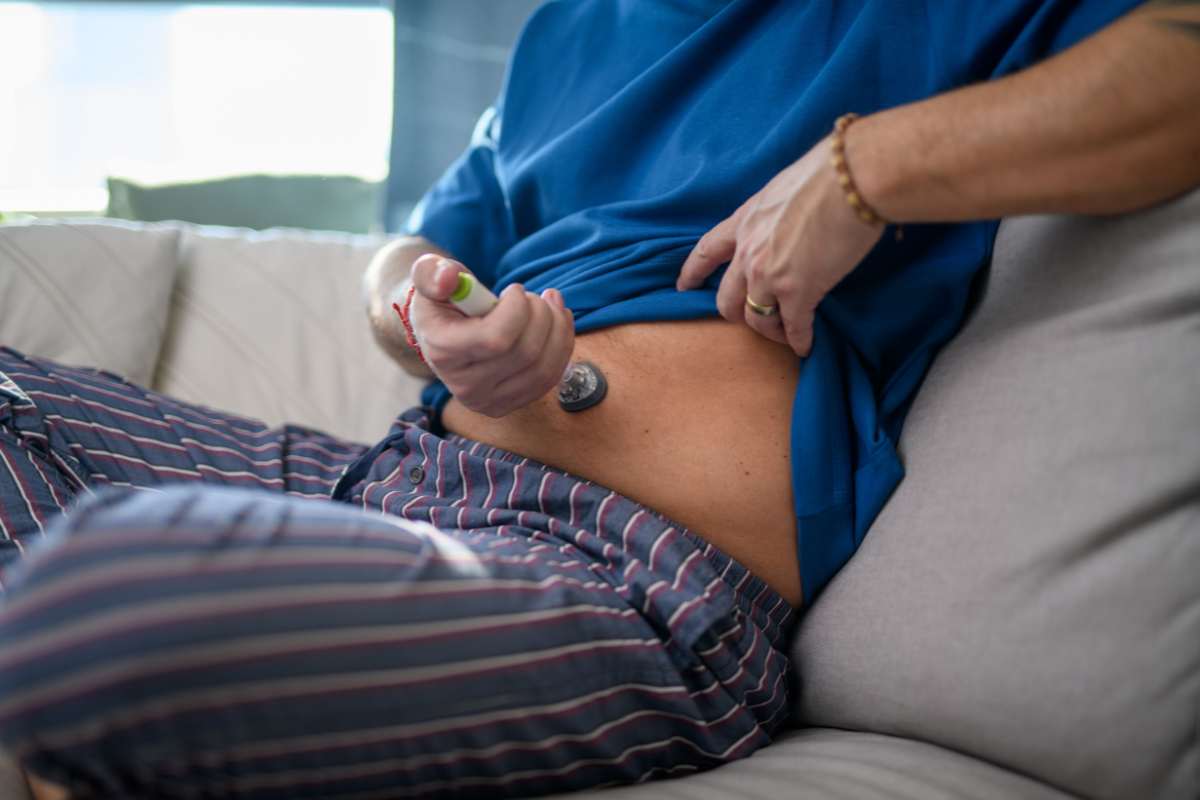Protecting Your Medication on the Go — with DISONCARE’s Hard Insulin Cooler
If you’re prescribed Zepbound (tirzepatide), keeping it at the correct temperature is crucial — whether you’re at home, at work, or traveling. Because Zepbound is a temperature-sensitive GLP-1 medication, incorrect storage can reduce its potency or make it unsafe to use. Below, we’ll explain how long Zepbound can safely stay out of the refrigerator, and how to use DISONCARE’s Hard Insulin Cooler to protect it anywhere you go.
🧊 How Long Can Zepbound Stay Out of the Fridge?
According to the official manufacturer’s instructions:
-
Refrigerated storage: Keep Zepbound in the refrigerator at 36°F to 46°F (2°C to 8°C).
-
Room temperature allowance: Once taken out of the fridge, each single-dose pen can be stored at room temperature (≤86°F / 30°C) for up to 21 days.
-
Do not freeze. Discard Zepbound if it’s been frozen or if you’re unsure about exposure to extreme temperatures.
-
Do not return to fridge once kept at room temperature.
📚 Sources:
-
Eli Lilly official Zepbound storage page: zepbound.lilly.com/how-to-use
-
Form Health: How to Store Zepbound
-
Ro Health: Does Zepbound Need to Be Refrigerated?
✈️ Traveling or Commuting with Zepbound
Whether you’re flying, road-tripping, or commuting to work, keeping your medication cool can be tricky. Temperature fluctuations — like sitting in a hot car or long airport waits — can easily push your medication outside its safe range.
That’s where DISONCARE’s Hard Insulin Cooler comes in. It’s a compact, TSA-approved, and medically safe storage solution built specifically for temperature-sensitive medicines like Zepbound, Ozempic, and insulin.
🧳 How to Use the DISONCARE Hard Cooler for Zepbound
1️⃣ Pre-chill before travel
Freeze the included ice packs overnight and pre-cool the empty cooler for a few hours. This gives you maximum insulation performance when you pack.
2️⃣Pack smart
Place the medication in the center of the cooler, surrounded by ice packs on all sides — but never let ice packs touch the pen directly (wrap with a soft cloth or paper towel).
3️⃣Add a temperature monitor
A small thermometer or temperature indicator strip inside ensures that the temperature stays between 2°C and 8°C (36°F–46°F).
4️⃣Carry it on the plane
Always keep the cooler in your carry-on, not checked luggage, as the cargo hold can become too hot or cold. TSA allows medically necessary ice packs and cooling devices if declared at screening.
📚 Sources:
-
Transportation Security Administration (TSA): Traveling with Medications
🧠 Pro Tip: Short Trips vs. Long Storage
If you’re away from a refrigerator for just a few hours, a pre-chilled DISONCARE cooler will easily maintain safe conditions.
For multi-day travel, refreeze your ice packs whenever possible — in your hotel freezer or a flight lounge freezer.
🧾 Quick Safety Checklist
✔ Avoid direct contact between medication and frozen packs
✔ Monitor temperature (use a thermometer strip)
✔ Carry your prescription or doctor’s note when flying
✔ If stored at room temp, use within 21 days and do not re-refrigerate
✔ Discard if frozen or exposed to >86°F
📚 Sources:
-
Eli Lilly Zepbound Patient Information: Zepbound Prescribing Information (PDF)
❄️ Why Choose DISONCARE
DISONCARE’s medical coolers are precision-engineered for temperature stability — giving travelers confidence that their medications stay within safe limits even in unpredictable environments.
The DISONCARE Hard Insulin Cooler provides:
-
Dual thermal layers and long-lasting cooling gel packs
-
Lightweight, durable protection for medication pens
-
Compact design suitable for carry-on and daily use
Whether you’re managing GLP-1 medications like Zepbound, insulin, or other biologics, DISONCARE keeps your treatment safe — so you can focus on living, not logistics.
⚠️ Medical Disclaimer
This article is for educational purposes only and is not medical advice. Always follow your doctor’s instructions and the medication’s official storage guidelines.

